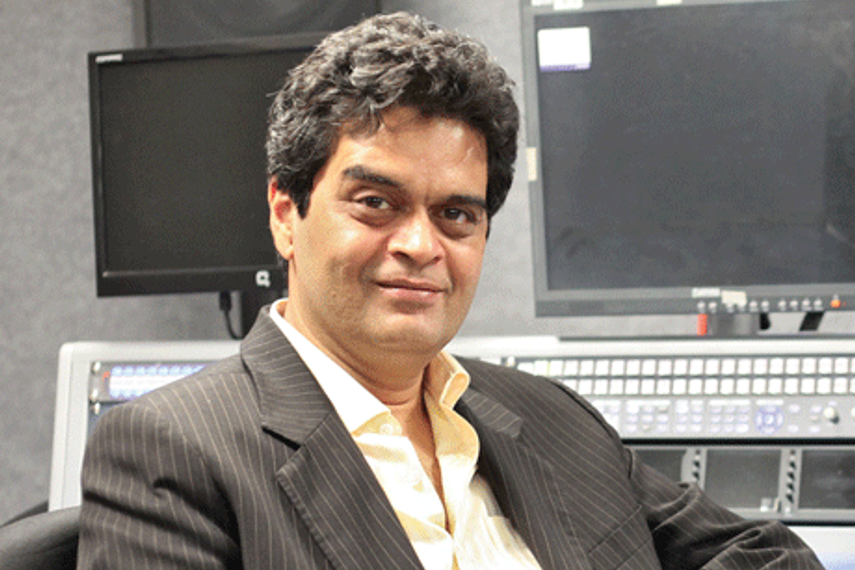
Please sign in or register
Existing users sign in here
Having trouble signing in?
Contact Customer Support at
[email protected]
or call+91 22 69489600
So says STAR CJ CEO Paritosh Joshi in a conversation with Arati Rao, and adds that TV shopping needs respectability

Contact Customer Support at
[email protected]
or call+91 22 69489600
Top news, insights and analysis every weekday
Sign up for Campaign Bulletins
Accenture Song, the consultancy’s creative marketing arm, is piloting the use of Alembic to measure its own marketing efforts.
The agency will drive FILA's digital creative and lead Foot Locker's mainline creative, targeting India’s youth and sneaker culture.
The experiential campaign positions trading as a calling, not just a skill.
The activation was to celebrate Asian Paints' new role as BCCI's official Colour Partner.